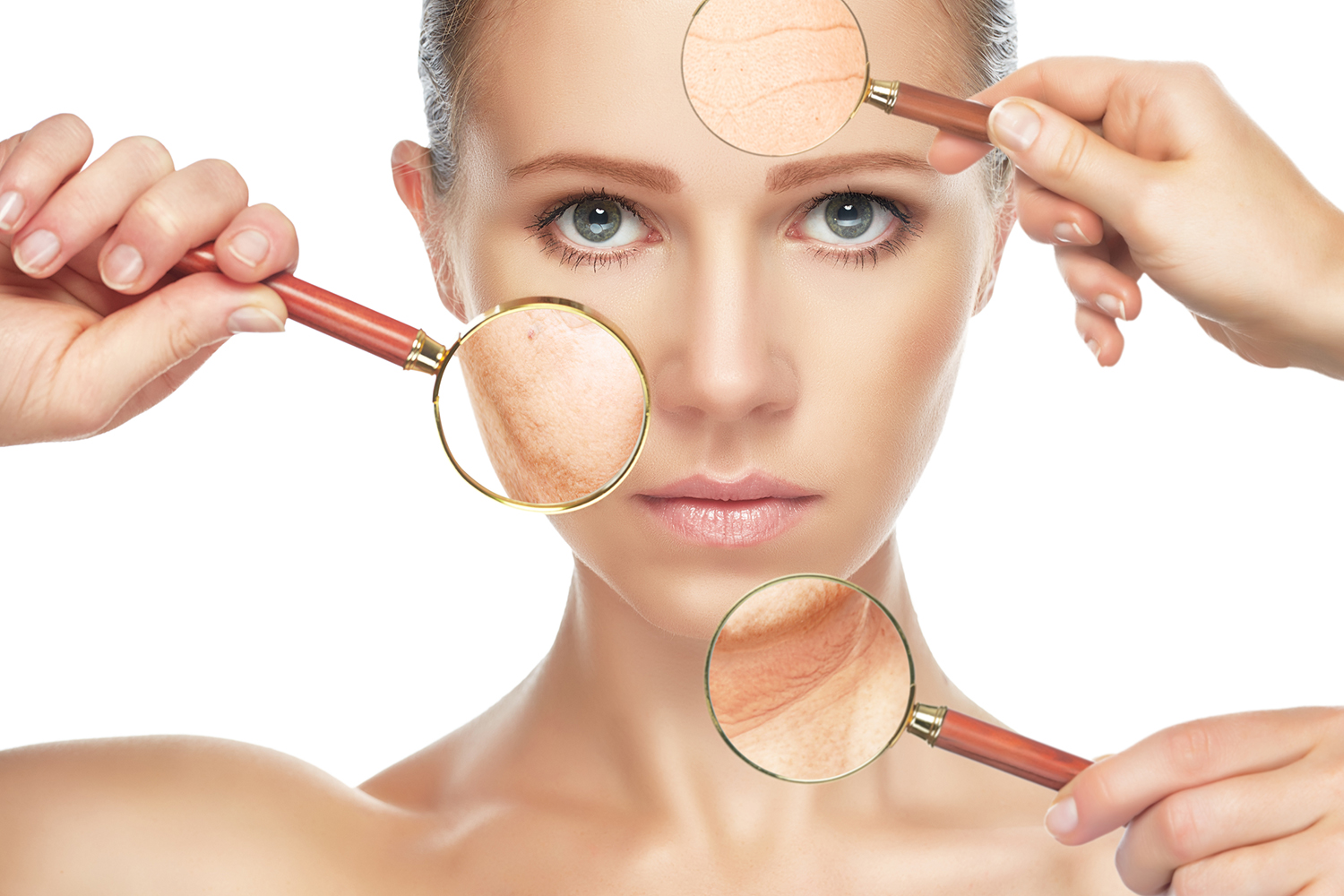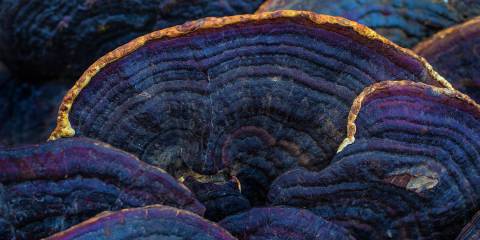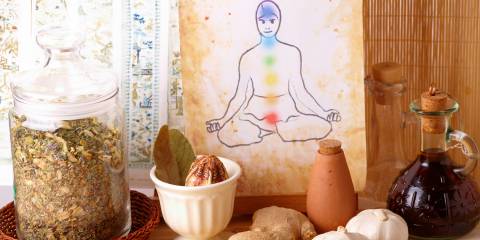For thousands of years, Chinese medicine has relied on face reading as a diagnostic tool to determine a person’s overall health. The method isn’t just about noting that someone looks pale or flushed: Face readers look for clues that serve as early warning signs of underperforming organs to potentially nip health issues in the bud.
How Does Face Reading Work?
“Your face is a mirror for the rest of the body, and it acts like a blueprint,” explains Lillian Pearl Bridges, founder of the Lotus Institute and a leading authority on face reading. “Certain places on the face link back to specific organs and provide clues about how those organs are functioning.”
For example, sunken cheeks can be a sign that your lungs aren’t functioning properly. Yellow-tinted whites of the eyes means there’s a problem with the liver, such as jaundice. And fatty deposits on your eyelids signify free-floating cholesterol—a warning that your arteries may be getting blocked.
What to Look For in Face Reading
While it takes years to perfect the science of face reading, even a novice may start to notice things they hadn’t before—if they know where to look and what to look for.
Bridges learned the technique from her Chinese grandmother. “I spent every weekend by her side and she taught me how to read faces,” she says. Bridges has made a career of helping people stay healthy, mostly with recommendations around nutrition, hydration, and lifestyle.
“I have a lot of clients who go on raw-food diets and as a result may not have enough digestive enzymes to process so much raw food,” she says. “I can tell because the area right above their upper lip turns white if the stomach is too cold, which can affect digestion.” She recommends eating cooked food and lots of ginger to warm up the stomach.
Reading the Clues
Underperforming kidneys are also common and can be detected by dark under-eye circles (beyond the normal signs of sleep deprivation).
“This is usually a sign of dehydration,” Bridges explains. “But water alone is not enough.” She is a strong believer in hot soup. “It has minerals that help you hold the fluids, especially when it’s made with bones and root vegetables. The kidneys play a big role in longevity so you want to take good care of them and always stay hydrated.”
The tip of the nose is linked to the heart, and its color shows how well the blood is flowing. If it’s very pale it might indicate a heavy menstrual cycle, or if it’s bluish the blood may be too thick. In this case Bridges suggests eating mu’er (wood ear) mushrooms, a natural blood thinner, or giving blood.
“It helps the new blood come in thinner and doesn’t harm the recipients because the blood is diluted first.”
While face reading is based on centuries of careful observation, the findings can both act as a warning or indicate good health and even pregnancy. So next time you look in the mirror, pay close attention to what you see.





